Oral healthcare is transitioning to Phase 2 along with the rest of BC. Our team has always maintained a high standard of infection control, but have now modified our procedures to incorporate physical distancing, remote check-ins, and enhanced disinfection and personal protective equipment.
You will see several changes to our office to ensure your safety. First, you will be contacted prior to your appointment via phone, text or email and asked a set of health-related questions. It is required that we complete this Wellness Questionnaire no less than 72 hours prior to your appointment. We will have to cancel your appointment if we are unable to complete this step as we may require time to follow-up with anyone exhibiting flu-like symptoms or has a risk factor for COVID-19. If you are concerned about your health, use this BC COVID-19 Assessment Tool.
Below is a list of some of the enhanced precautions we have taken to protect you in addition to extensive team training on infection control and patient management procedures.
-
Personalized arrival procedures to reduce wait times in the lobby – please text or call us when you arrive and wait outside until we are ready to complete your Arrival Screening.
-
Maintain distancing in the reception area for essential caregivers if they cannot wait in a vehicle or outside the clinic.
-
Removed magazines and items that can harbor or transfer germs of any kind.
-
Hand sanitizers are positioned throughout the clinic for your use.
-
Installed sneeze guards at all reception areas.
-
Require our patients to be performing hand sanitizing before and after all appointments.
-
Introduce an oral pre-rinse for all patients to reduce exposure to germs.
-
Daily monitoring of team members for signs and symptoms of illness.
-
Recording the temperature of every patient and team member upon entering the office.
-
Payment arrangements in advance to avoid delay and allow contactless exit from the appointment.
-
Enhanced operatory disinfection procedures with HOCl fogging.
-
Enhanced disinfection of “commonly touch items” such as computers, doorknobs, etc.
-
Our HVAC system was recently serviced and meets above expectations for air filtration.
-
New personal protection equipment like face shields and gowns to provide barriers against the smallest of germs.
-
Introduced protocols and new equipment to reduce or eliminate airborne aerosols during all dental procedures, including the Nu-Bird HV System for our dental hygienists.
-
Disinfection of all outside mail and packages that enter the building.
-
Providing tele-dentistry services for follow up lab reports or communication that can be done online or through video education.
We look forward to seeing you again and are happy to answer any questions you may have about the steps we are taking to keep you, and every patient, safe in our practice!
To find more information about COVID-19, how to protect yourself, your family and your community and what to do if you suspect you have the virus, visit the BC Center for Disease Control.
And further details regarding the guidelines for all Oral Health Care Providers in BC can be viewed at the College of Dental Surgeons of BC (CDSBC).
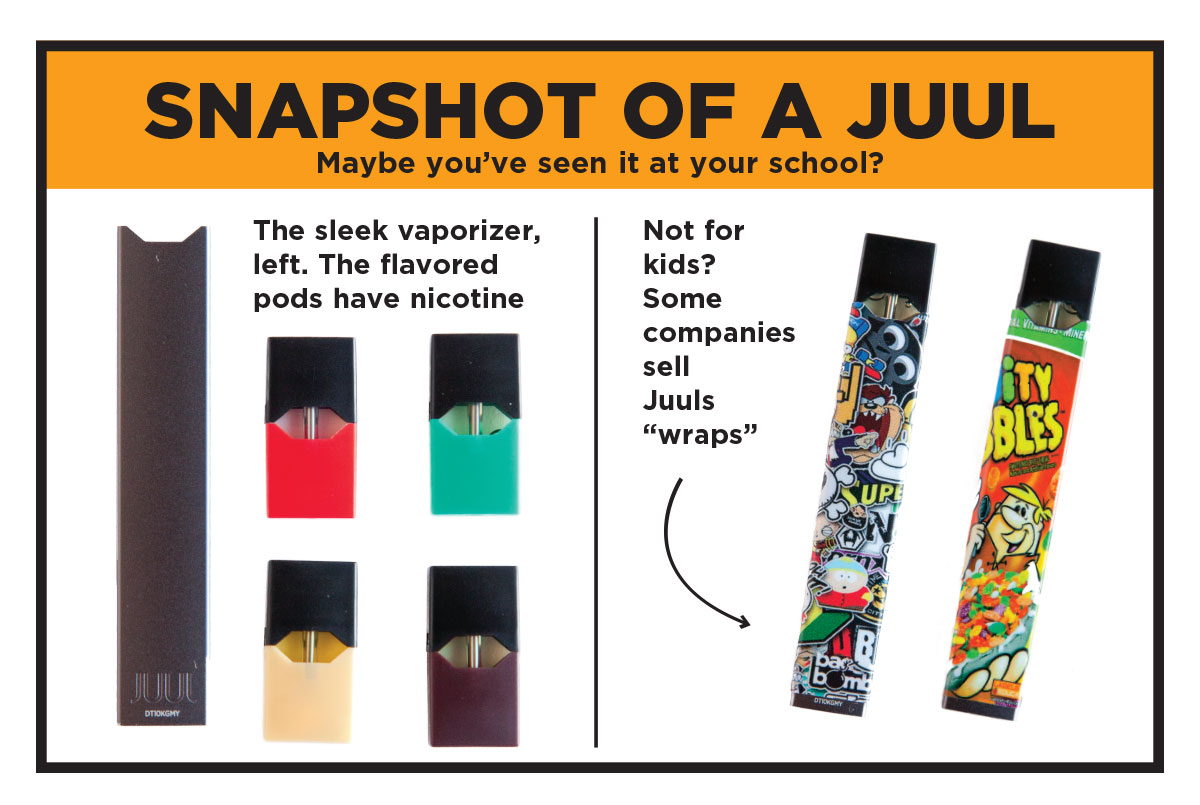

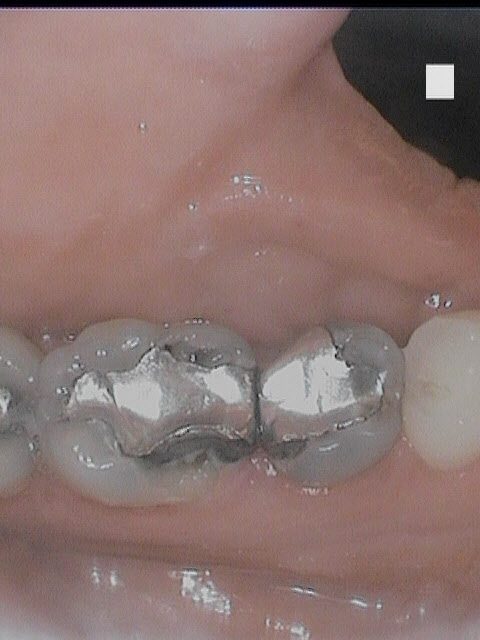
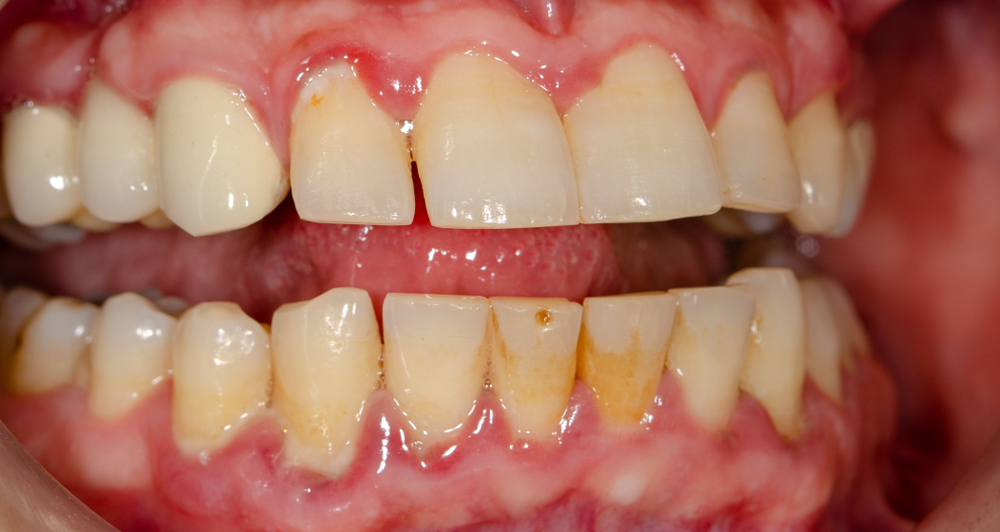
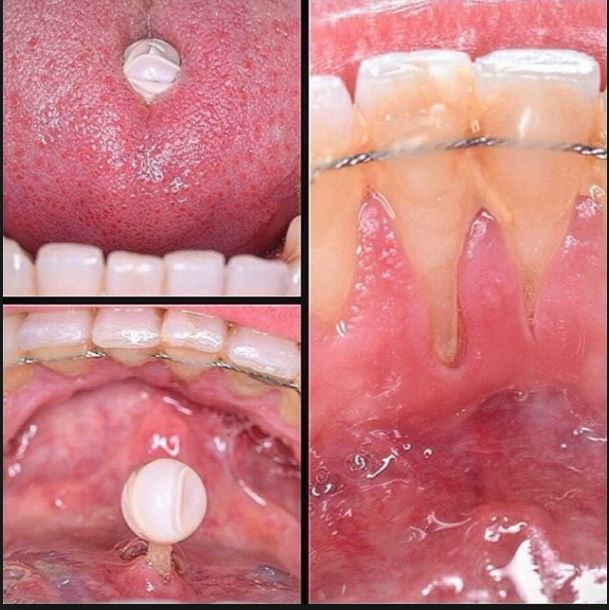

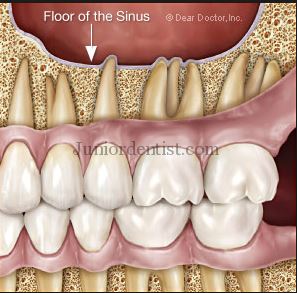
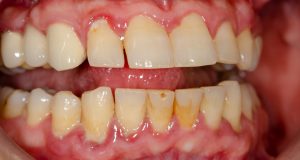 Although you might not feel up to it when sick, keep up with your oral care. Allowing plaque to build-up not only puts you at risk for gingivitis and tooth decay, but also encourages bacterial growth. This means a slower recovery from the cold and flu because your immune system is dealing with your mouth instead of fighting the cold or flu. Stick with your regular brushing and flossing routine. And if you really don’t have the energy, try a soothing mouth rinse.
Although you might not feel up to it when sick, keep up with your oral care. Allowing plaque to build-up not only puts you at risk for gingivitis and tooth decay, but also encourages bacterial growth. This means a slower recovery from the cold and flu because your immune system is dealing with your mouth instead of fighting the cold or flu. Stick with your regular brushing and flossing routine. And if you really don’t have the energy, try a soothing mouth rinse.